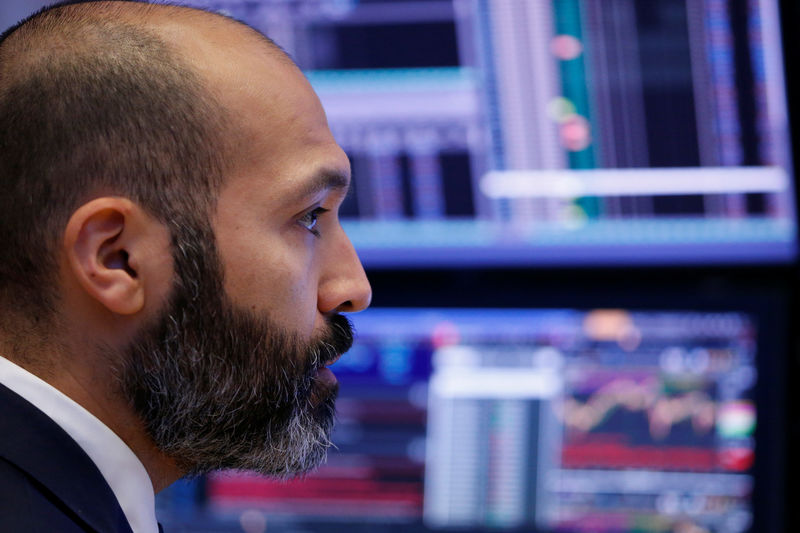TOKYO (Reuters) – Japanese cosmetics maker Shiseido Co downgraded its profit outlook for the next two years on Friday, after a downturn in sales to Chinese consumers.
Shiseido joins other luxury brands such as Cartier-owner Richemont (SIX:CFR) and Gucci-owner Kering (EPA:PRTP) that have been hurt by slowing growth, increased competition and weaker consumer confidence in the world’s second-biggest economy.
“The state of the Chinese market does not permit optimism,” Shiseido President Kentaro Fujiwara told a press conference at which he announced a new midterm business strategy. “We will work to rebuild our brand.”
The high-end Japanese make up manufacturer, which slashed its full-year earnings forecast this month, aims to lift its operating margin to 7% by 2026 from 3.5% for the 12 months to Dec. 31.
In a business plan unveiled in February, the company said it aimed to boost its profit margin to 9% next year.
However, Shiseido has also had to contend with Chinese consumers avoiding Japanese brands after the release of treated water from the damaged Fukushima nuclear power plant.
“If you look at their online sales in China, they’re down 20% year to date compared to a market that is down 10%,” said Jacques Roizen, managing director of China consulting at Digital Luxury Group.
“So, it’s not just a China economic environment or consumer slowdown issue here.”
That means Shiseido has had to rely more on sales in Japan, buoyed by demand from growing numbers of foreign tourists taking advantage of a weak yen to buy creams, foundations and other products more cheaply than at home.

To grow profits for the next two years, Shiseido will further cut costs, focusing on Japan next year and the rest of the world excluding China in 2026.
Those savings will come from cuts in personnel spending and production expenses, Fujiwara said.



